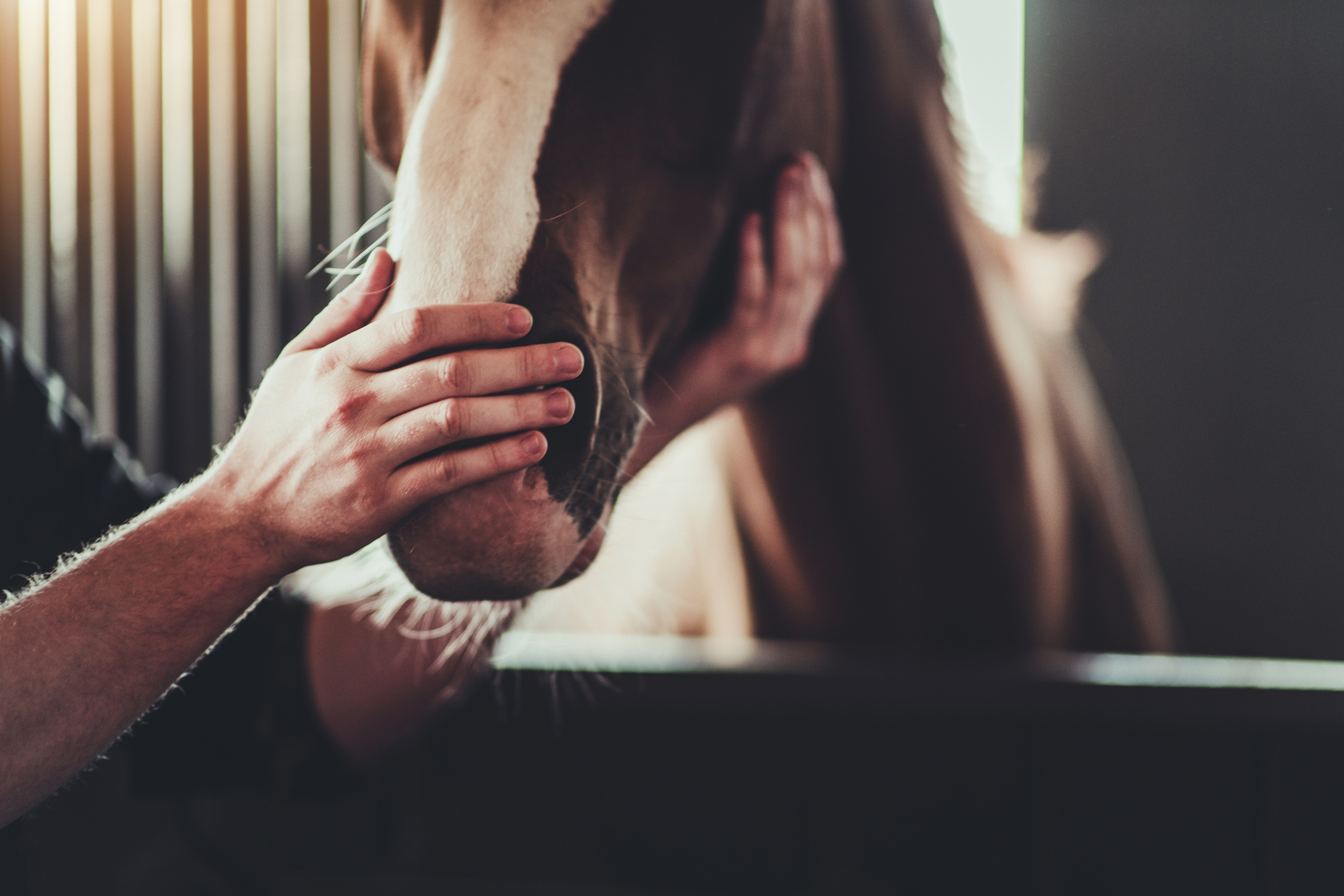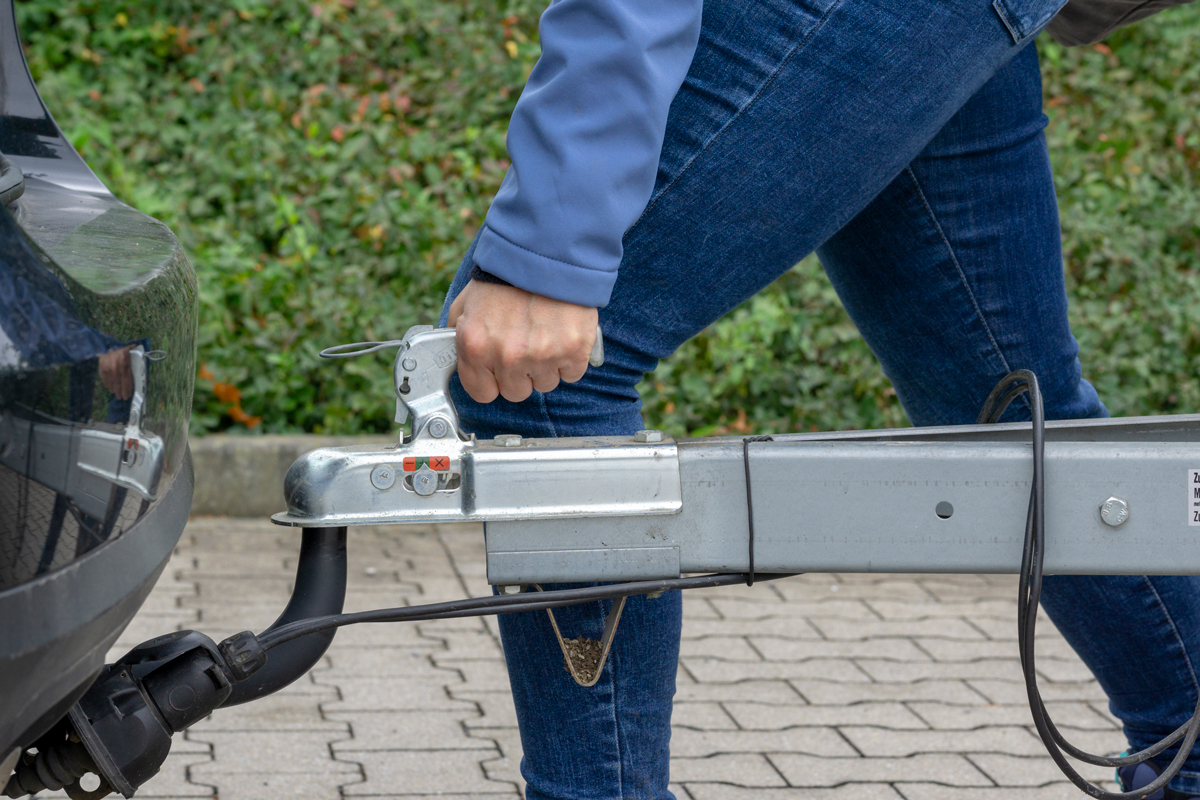Whether you’re moving home, changing owners or travelling to a prestigious horse competition or event, longer journeys need a bit more planning and preparation work than a quick trip to the vets.
After all, our precious horses are not cargo; they’re living, breathing, feeling creatures that can easily suffer from the strains of being on the road for a long time.
So, once you’ve got the right horse insurance and horse trailer insurance in place, read our guide on how to prepare your horse for a long journey.
Give your horse a health check
Before any long trip, ask your vet to assess your horse before the journey to ensure they’re up to the strain. If your horse is already carrying an injury or illness, a long journey can have serious repercussions. In this event, a rescheduled trip might be the wisest course of action.
A very real threat on longer trips is colic. So keep an extra close eye on your horse in the days leading up to departure to make sure they’re eating and drinking normally.
Even a healthy horse can be stressed by travel, so an already sick or injured equine is likely to get worse on a long journey. Those suffering from respiratory illnesses are particularly susceptible to deterioration.
One of the best ways to guard against respiratory problems and stress is to allow the horse to drop its head while travelling. Let the horse drop its head if the trip is anything over three hours in length to help guard against pneumonia.
Shipping with a second equine companion can also be helpful as this can reduce stress levels.
In any event, ensure your horse’s vaccinations, boosters and worming treatments are up to date and make sure you’re carrying the horse’s passport, too.

Always load safely
Whatever distance you’re travelling if you don’t practice loading your horse on and off your transport safely, you could leave yourself open to problems.
While there are many different ways to load a horse, the key is to take each step slowly and remain calm at all times.
Some horses will take to it quicker than others, let yourself be guided by them in your preparation. If you’re stressed, no doubt your equine friend will be, too.
Ensure they’ve got protective clothing
Deciding whether to provide your horse with wraps or shipping boots to protect the legs will often come down to individual circumstances.
Some owners wouldn’t consider travelling without them, while others believe the risks in transit outweigh the benefits.
Whatever your view, departure day is definitely not the best time to introduce any new items to your horse. With that in mind, provide plenty of “dressing up” opportunities before travelling to get them used to any new sensations.
If you do decide to use wraps or boots then check them each time you stop to ensure they’re still secure. Also watch out for irritation and/or rubs during transit. And don’t overclothe your horse, as they could overheat.
Think about your route
Planning your route and any rest stops is vital preparation for a successful long journey. While the UK isn’t known for its extremes of hot or cold weather they can happen and they need to be avoided.
During hot weather in particular, travel during night-time is advisable as it’s both cooler, the roads are quieter and horses are naturally more relaxed during the evening.
By noting down any vets along your route you’ll know where to go for help if an emergency does occur.
Just as for humans, frequent rest breaks to allow drinking and feeding are important. Horses need to be able to feed on long journeys and it’s important to look out for dehydration which can trigger respiratory problems and put your horse at an increased risk of colic.
When stopping for a rest, horses shouldn’t be unloaded from the trailer, as they might become agitated by the road noises and unfamiliar setting.

Emergency preparation
Emergency situations can happen despite the very best preparation. So, always carry an equine first aid kit. Store it in an easily accessible spot and make sure everyone knows its location.
Trusty trailer
The British Horse Society recommends getting your trailer professionally serviced at least once a year. But that isn’t the end of your responsibilities.
Checking that your horse trailer is safe and roadworthy, both inside and out is an important part of preparation. As well as making sure the trailer is suitable for your horse’s size and temperament, here are some things to check for:
- Hay is available and dust-free.
- Rubber mats are secure.
- Bedding is not dusty – bedding can reduce leg stress but dusty bedding can cause respiratory problems and irritate your horse’s eyes.
- All lights and brakes are in working order.
- Tyres (including the spare) are safe and pressure is correct.
- Doors and vents are fully functional and can be locked securely.
- Trailer floor and loading ramp are undamaged.
When checking your trailer’s safety, it’s also important to ensure you’re fully protected with a comprehensive horse trailer insurance policy.
Equesure also provides a range of horse insurance and horse rider insurance to protect you, your horse and others while out riding.

Find competitive horse trailer insurance with Equesure
Whatever your reason for transporting a horse, whether it’s yours or a friend’s, the specialist team at Equesure will search for the right insurance cover for your requirements.
With over six decades of combined experience in the equine insurance market, we can find policies for all makes and models of trailers up to the value of £10,000.
Popular trailer brands we can help insure include Pegasus, Equi-Trek, Ifor Williams, Richardson and many more.
All policies obtained through Equesure include accidental damage, fire and theft as standard.
We can also arrange breakdown cover for both your vehicle and trailer, which can include home/stable start so you don’t have to stress about getting stuck far from home.
Other benefits can include:
- Public liability available up to £1 million
- Horse-drawn vehicles can also be covered with trailer policies
- EU cover included on some policies
- Friends cover available for social domestic and pleasure use
Obtaining horse trailer insurance is simple and straightforward with Equesure.
Get a quick quote and protect your valuable transport today.






